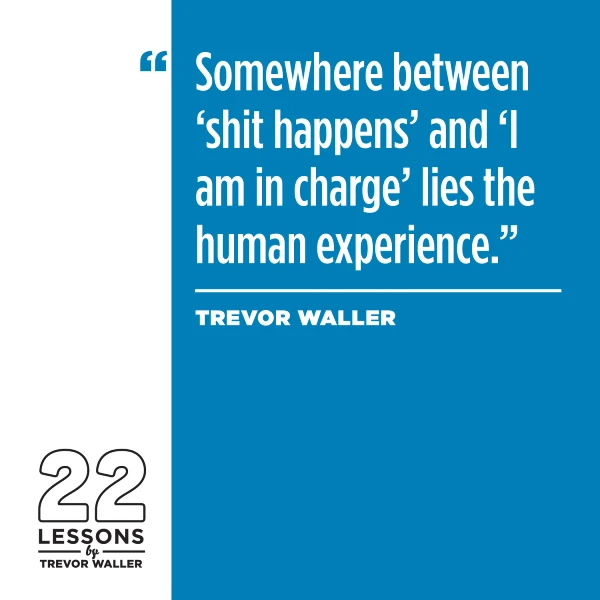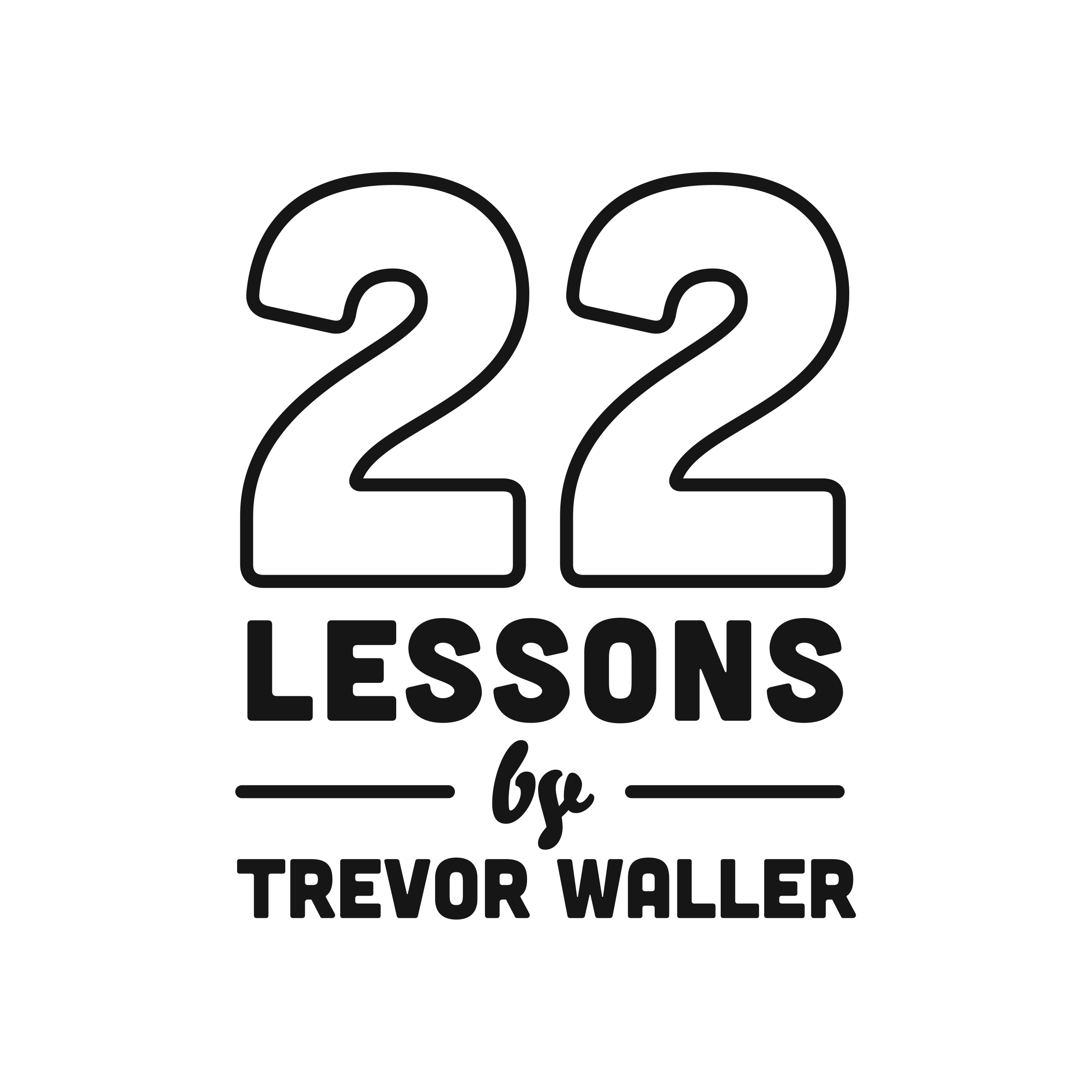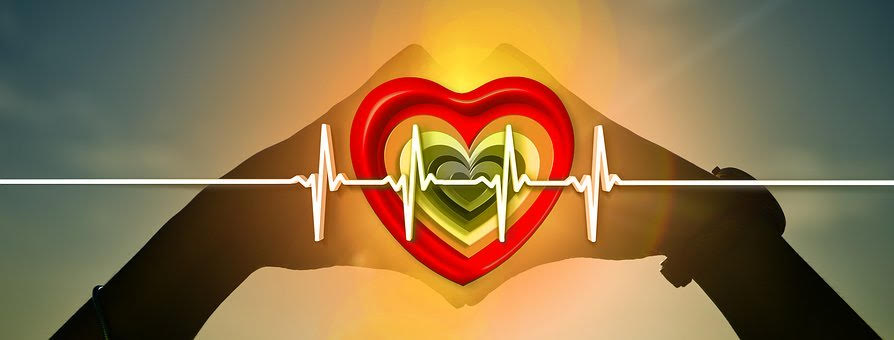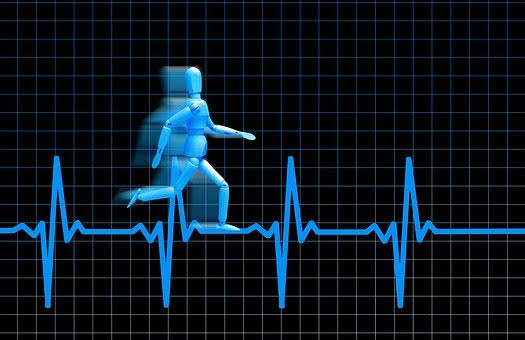”‘Life isn’t meant to be lived perfectly…but merely to be LIVED… Boldly, wildly, beautifully, uncertainly, imperfectly, magically LIVED.’
Mandy Hall
Life is so much bigger than we are.
At any given moment, things are happening about which we have no clue, and yet, in time, they influence our lives in immeasurable ways. Somewhere, a boy is breaking up with a girl. While she is mourning the break-up, you are somewhere wondering whether you will ever meet your ‘special one’. Months—even years—later, that girl becomes your wife. Life is scheming and planning. It sees her, and it sees you. Life knows what it is doing.
We are so limited by our sensory information—we can only see the small picture. The bigger picture is way beyond our purview. Why then do we worry so much about the things over which we have so little control? Why is it so hard to trust Life’s process?
I do not believe that worry is innate. I think that human beings have been conditioned to worry. The infant does not worry about its next meal—it simply gets fed. Only when—through abuse or ill-treatment—the food does not come will the infant begin to worry. It is a learned response.
‘Be careful of strangers’; ‘Don’t go into the woods’;
‘Watch your back’
—these messages condition us to believe that all is not well in the world. Sure, bad things happen, but it is my contention that no amount of worry will prevent the bad things from happening—they will happen, whether we worry about them or not. But so will the good things.
The process of Life unfolds regardless of how much anxiety we choose to attach to it. Some even argue that excessive worry and anxiety may actually draw the negative closer, but I don’t know whether that is true or not—after all, there is a certain degree of randomness in the world. And then there is cause and effect. Somewhere between ‘shit happens’ and ‘I am in charge’ lies the human experience.
Given the choice to worry or to trust, I have found that trust serves me better.
When you trust the process, you choose to believe that Life is unfolding as it should. People will die; you will get sick—it is impossible to be alive without experiencing some degree of suffering. But you will also experience love. And you will also experience good health.
The visual representation of a heartbeat on an Electrocardiography (ECG) machine is a beautiful metaphor for life. Our heartbeat is life itself—a series of ups and downs and highs and lows.
And yet, human beings want life to be a straight line.
But a straight line is death—it is the complete opposite of what life is! Once you understand this, you stop fighting Life—you take the good with the bad and the bitter with the sweet.
When Nelson Mandela was inaugurated, he was asked how it felt to be at the top of the mountain. He responded with these memorable words:
I have discovered the secret that, after climbing a great hill, one only finds that there are many more hills to climb.
Somehow, we believe that having achieved a goal, we will receive our much longed-for straight line. But it doesn’t work that way, I’m afraid. There is no respite—not while you are alive! Mandela knew this. At the summit, you can see those other hills. You may certainly rest—the long upward climb may require it, but it will not be long before you have to walk downhill. Soon, the uphill climb will begin again— after all, you’re alive! Why would you want a flat line? If you know that life is full of uphills and downhills, why should you worry? Would it not make sense to trust the process instead?




